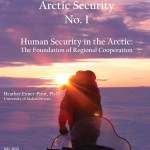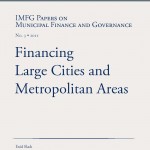November 7, 2011
The Nordic countries are small, unitary, and have largely homogeneous populations. Municipalities are the most important agents in the decentralized public sector and the middle tier (the county level) is losing importance. The expenditure of Nordic local authorities exceeds that in Canada by 10 percent of GDP. The difference represents the effect of local income taxes. Large local expenditures are for kindergartens, primary schools, social welfare, care for the elderly, and culture. These welfare functions are not, however, local public goods; local governments serve mostly as agents for the delivery of national public services.
Read full article










